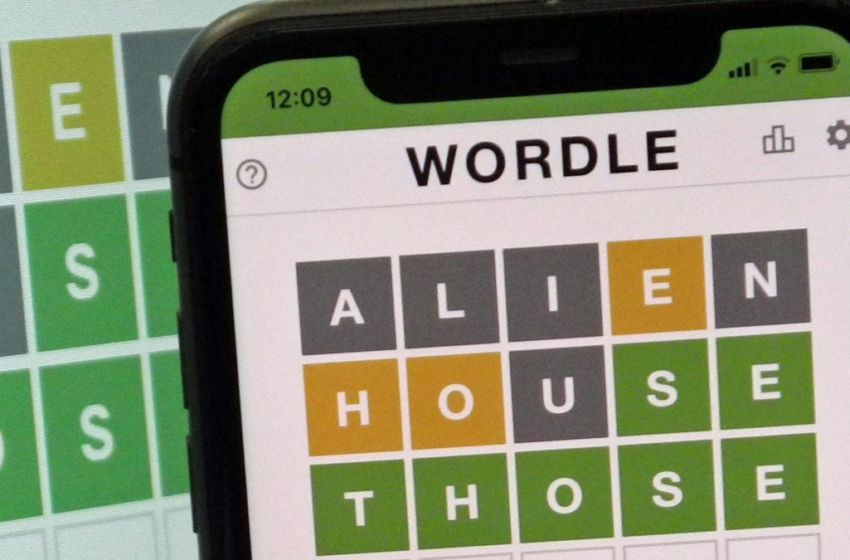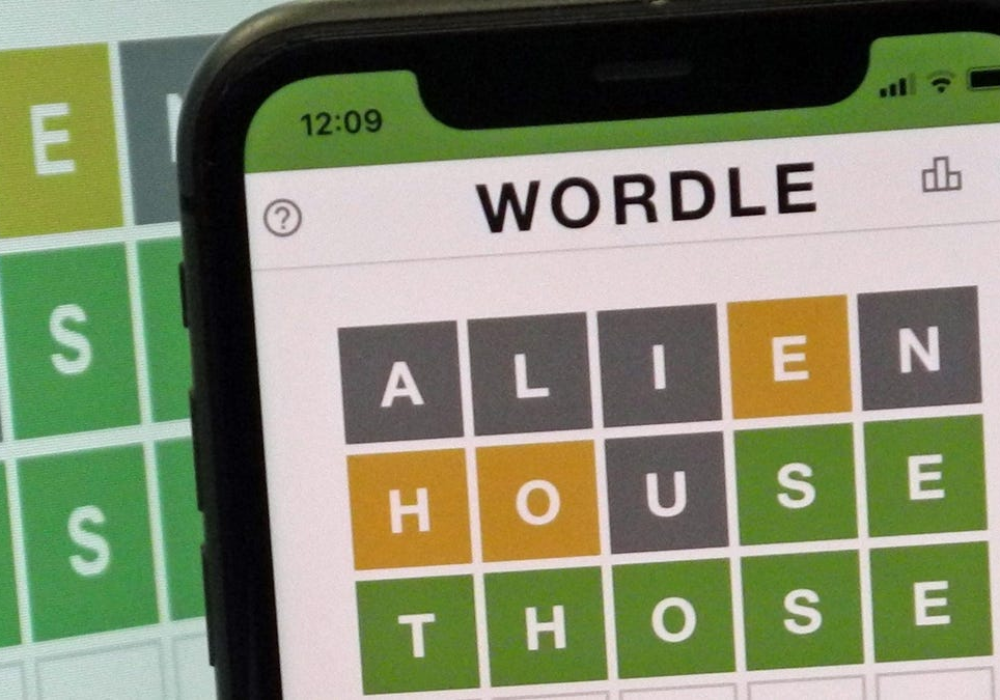
Users lamenting online word game Wordle’s decision to sell out to The New York Times this week may have at least one way to preserve the original game’s free, anti-money leaching spirit. Since Wordle runs in a browser, all of the game’s code is saved as plaintext on the Wordle website. That means users interested in preserving the pre-cash grab version can simply right-click in their browser and save Wordle as an HTML file on their desktop. Users can then play the original file offline.
Simply visit Wordle’s website (https://www.powerlanguage.co.uk/wordle/), right-click on the page (or use a drop-down menu depending on your browser), choose “save page as a webpage,” and save it to your desktop. You should then see an HTML file on your desktop as well as a folder that’s labeled “wordle_files.” Clicking on the HTML file should open the game in your browser, even if you’re offline.
As Motherboard notes, Wordle is based on a list of 2,135 five-letter solution words, with one correct word every day. That means, in theory, an offline version of Wordle could allow users to use the game every day for seven years. Of course, this system isn’t perfect. Users may not be able to save their streaks on “Wordle Offline” and sharing seems to be more of a mess than it’s worth. Still, the core elements are there and intact—and most importantly—free.
That last aspect of cost remains an open question as it enters its NYT era. Though the games’ founder, Josh Wardle, has said the game will remain free, the Times opted to hedge, saying the game would, “initially remain free” to new and existing users. Cue the sound of several million cash registers cha-chinging.
For those still out of the know, Wordle launched back in October as a no-frills, ad-free, browser-based word game originally designed by its creator as a gift to his partner.
The game struck a chord with pandemic-era web scrollers, with the number of users playing it each day jumping from 0 to 300,000 by the end of December, according to Time magazine. By the end of January, that number catapulted up to 10 million.
Wardle, for his part, has been open about the stresses that come with such unexpected success. In a recent Time interview following the NYT deal, Wardle described his immediate reaction as not of joy, but “relief.”
News of the Times acquisition left fans online fearing the new version would inundate the game with intrusive notifications, advertising, and other creepy behavioral monitoring techniques meant to boost engagement—all tools and tactics the original Wordle lacked, adding to its allure. On the design question at least, Wardle expressed some optimism that the Times would act as a responsible steward. “I’ve long admired the NYT’s approach to their games and the respect with which they treat their players, ‘’ Wardle said in a statement. “Their values are aligned with mine on these matters.” The seven-figure price tag the Times offered probably didn’t hurt either.
The Times meanwhile clearly sees its new IP as a cash cow ready for some good old-fashioned milking. As Bloomberg notes, “crosswords” and “Spelling Bee” were the two most searched terms on the Times’ website, and games writ large are playing a more prominent role in the company’s business strategy moving forward. Speaking to that, in late 2020 the Times opted to hire Jonathan Knight, who played a prominent role in popularizing games like Words With Friends and FarmVille.
“The Times remains focused on becoming the essential subscription for every English-speaking person seeking to understand and engage with the world,” the company said in a recent statement. “New York Times Games are a key part of that strategy.”
If you’d rather not get sucked up into that whole strategy thing and instead savor a taste of Wordle in its uncorrupted state, it’s comforting to know you can. The offline version may have some kinks and limitations here and there, but in a way, isn’t that the whole point?











